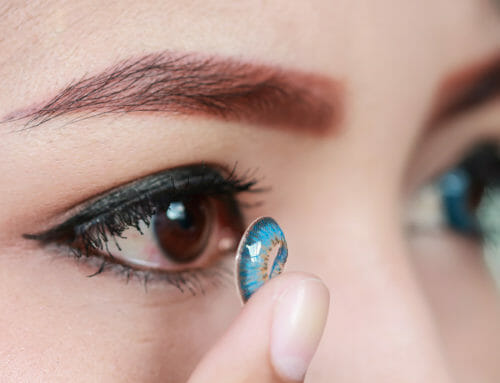
The Advantages And Side Effects Of LASIK
Laser eye surgery is becoming a popular method for correcting visual impairments such as myopia, hyperopia and astigmatism. There are various different procedures available and LASIK, or laser-assisted in situ keratomileusis, is probably the most common. What does it involve and what are the benefits of this surgical procedure?
LASIK involves the use of a microkeratome or femtosecond laser which cuts a flap in the cornea. This flap is pulled back to reveal the stroma layer. Employing an excimer laser which uses ultraviolet light beams to remove minute amounts of the underlying corneal tissue, the cornea is reshaped to properly focus light onto the retina in order to improve vision. Once completed, the flap is put back in place and the cornea is left to heal naturally.
The main advantage of this procedure is that visual acuity is greatly improved. The results are almost immediate and most patients see an improvement within 24 hours. The chance of not having to wear glasses or contact lenses again appeals to many people and in the majority of cases, dependence on glasses or contact lenses is either massively reduced or eliminated completely.
The procedure itself, which can be performed in a London eye clinic or any clinic with the right equipment, is not only relatively painless thanks to the topical anaesthetic drops that are administered prior to surgery, but it is also quick as both eyes can be operated on in less than 15 minutes. The healing process is rapid and as no stitches or bandages are required, many patients are able to return to work after a few days.
Whilst complications occur in only 5% of cases and severe loss of vision is extremely rare, as with most surgical procedures there are several possible side effects that are worth noting.
One common side effect is subconjunctival haemorrhages which are red spots in the white of the eye caused by the suction cup that is used to prevent eye movement during surgery. These bruises are temporary, are not painful and do not affect vision. Other side effects include night-time glare, seeing halos and sensitivity to bright lights, all of which are temporary and only in rare cases persist for up to a year. Dry eyes are also common after LASIK surgery but topical artificial tears can be used to alleviate symptoms.
In order to find out more about LASIK surgery and if a patient is qualified for the procedure, visiting a Harley Street vision care centre like Eye Clinic London is advised. Licensed professionals with decades of experience in eye care and eye surgeries are most qualified to determine the correct procedure for any eyesight-related problem.
Sources:
- Laser eye surgery, NHS Choices
- Pros & Cons of LASIK Eye Surgery, LiveStrong.com, 23 July 2015

About the expert
Mr Hamada | Consultant Ophthalmologist and Corneal Surgeon
MD, MSc, DO (hons), FRCSEd, FRCOphth I am Samer, founder and consultant ophthalmic surgeon with over 20 years’ experience in ophthalmology. I am a world-renowned specialist in cornea, cataract and refractive surgery. I’m not only a leading surgeon but also the only dual fellowship trained in corneal diseases in children from reputable institutions in the UK. At Eye Clinic London I work closely with other consultant ophthalmologists, optometrists and orthoptists to achieve the best outcomes for our patients. Our main aim is to make sure our patients get the safest and best treatments available to them. We put your safety before anything else so you can rest assured that if you choose us you will be in the best and safest hands.



